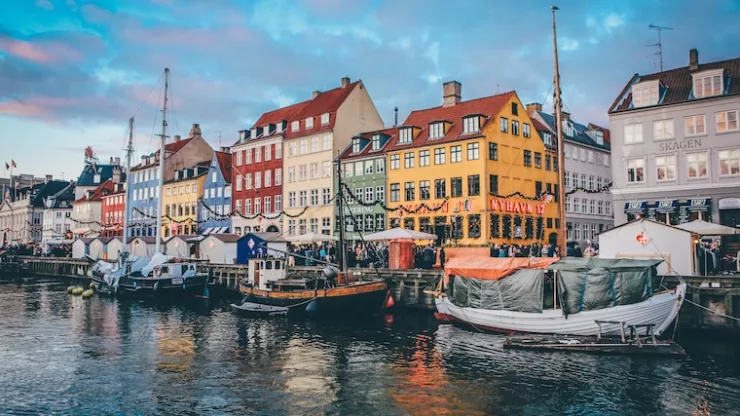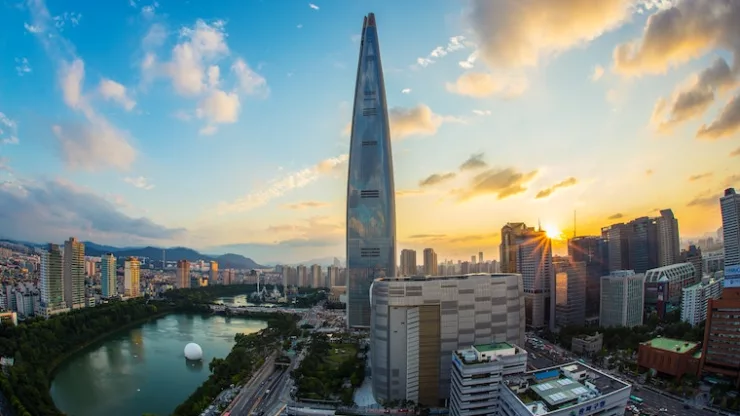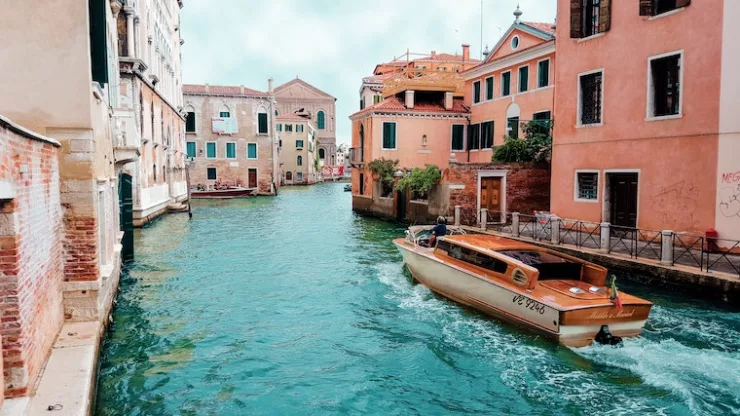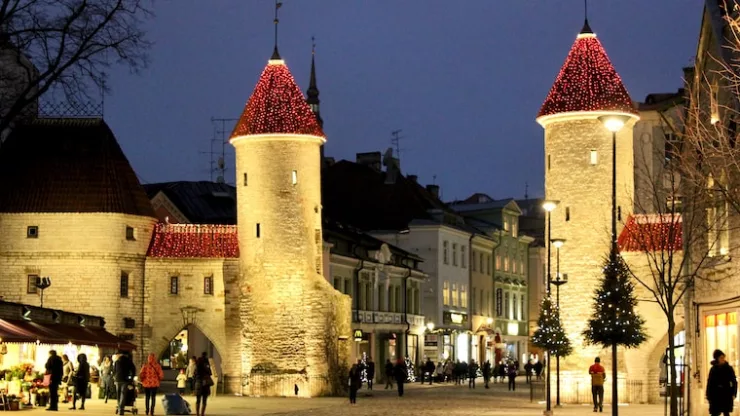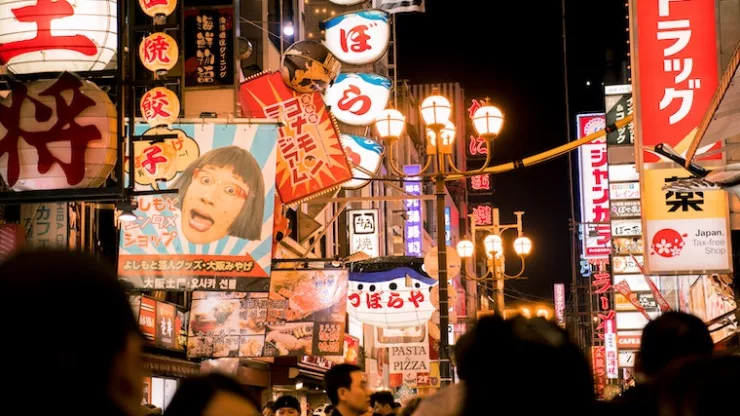Quick Facts
- Country: Denmark
- Capital: Copenhagen (source: World Atlas)
- Population: 5.8 million (source: World Bank)
- Official Language: Danish (source: The Local Denmark)
- Currency: Danish krone (source: XE.com)
Denmark is a beautiful country located in northern Europe, comprising the Jutland Peninsula and several islands.
Denmark is known for its rich history, fascinating culture, and friendly people. In this article, we will explore some of the most interesting facts about Denmark.
Facts About Denmark
- Denmark is one of the happiest countries in the world. According to the World Happiness Report, Denmark consistently ranks among the top three happiest countries in the world. (source: World Happiness Report)
- Denmark is the birthplace of Lego. The popular building blocks were invented in Denmark by Ole Kirk Christiansen in 1932. (source: Visit Denmark)
- Denmark is home to the oldest monarchy in Europe. The Danish monarchy was founded more than 1000 years ago in 935 AD. (source: Denmark.dk)
- The Danish flag is the oldest national flag in the world. The current design of the Danish flag, known as the Dannebrog, was adopted in 1625 and is the oldest continuously used national flag in the world. (source: Visit Denmark)
- Denmark is a leader in wind energy. Denmark has been a pioneer in wind energy since the 1970s and is currently one of the leading countries in the world in wind energy production. (source: State of Green)
- The Little Mermaid statue in Copenhagen is a famous tourist attraction. The statue, which is based on the Hans Christian Andersen fairy tale, was erected in 1913 and is visited by millions of tourists every year. (source: Visit Copenhagen)
- Danish cuisine is known for its open sandwiches. The traditional Danish open sandwich, known as smørrebrød, is a staple of Danish cuisine and typically consists of a piece of rye bread topped with various ingredients such as fish, meat, and cheese. (source: Visit Denmark)
- Denmark has a high level of social welfare. Denmark has one of the highest levels of social welfare in the world, with free healthcare, education, and generous social benefits. (source: The Local Denmark)
- The Danish royal family is the oldest in Europe. The current Danish royal family can trace their ancestry back more than 1000 years to the Viking age. (source: (https://denmark.dk)
- Denmark has a thriving bicycle culture. Denmark is one of the most bike-friendly countries in the world, with extensive bike paths and lanes, and a large percentage of the population uses bicycles as their primary mode of transportation. (source: Cycling Embassy of Denmark)
- The Danish concept of “hygge” has become popular worldwide. Hygge, which roughly translates to coziness, is a concept that is central to Danish culture and is characterized by warmth, comfort, and relaxation. The concept has gained popularity worldwide, with numerous books and articles written on the subject. (source: Visit Denmark)
- Denmark is home to Tivoli Gardens, one of the oldest amusement parks in the world. Tivoli Gardens, located in Copenhagen, was founded in 1843 and is still in operation today. It is known for its beautiful gardens, roller coasters, and other attractions. (source: Tivoli Gardens)
- Denmark is a major producer of renewable energy. Denmark is a leader in renewable energy production and has set a goal to become entirely free of fossil fuels by 2050. (source: State of Green)
Conclusion
Denmark is a fascinating country with a rich history, vibrant culture, and friendly people.
From the happiest country in the world to the birthplace of Lego, Denmark has many interesting facts and attractions to offer.
Whether you are interested in history, culture, or renewable energy, Denmark has something for everyone.
If you are planning to visit Denmark, make sure to check out some of the country’s popular tourist attractions such as the Tivoli Gardens, the Little Mermaid statue, and the Viking Ship Museum.
Don’t forget to try some traditional Danish foods like smørrebrød and Danish pastry.
Denmark is also a leader in renewable energy production and has set an ambitious goal to become entirely free of fossil fuels by 2050.
The country’s thriving bicycle culture and the concept of “hygge” have also gained popularity worldwide.
In summary, Denmark is a country that offers something for everyone. Whether you are interested in history, culture, or renewable energy, Denmark has plenty to explore and experience.
FAQ
What is the climate like in Denmark?
Denmark has a temperate maritime climate, with mild winters and cool summers.
The average temperature in Denmark is around 7°C (45°F) in January and 17°C (63°F) in July. (source: Visit Denmark)
What are some traditional Danish foods?
Some traditional Danish foods include smørrebrød (open-faced sandwiches), meatballs (frikadeller), pickled herring, and Danish pastry (wienerbrød). (source: Visit Denmark)
What are some popular tourist attractions in Denmark?
Some popular tourist attractions in Denmark include the Tivoli Gardens amusement park, the Little Mermaid statue in Copenhagen, and the Viking Ship Museum in Roskilde. (source: Visit Denmark)
What is the education system like in Denmark?
Education in Denmark is free and compulsory for children between the ages of 6 and 16.
The education system is highly decentralized, with a focus on student-centered learning and individual development. (source: The Ministry of Education)
What are some famous Danes?
Some famous Danes include Hans Christian Andersen (author), Niels Bohr (physicist), and Mads Mikkelsen (actor). (source: Culture Trip)

I am a fun fact enthusiast and creator of Facts On Tap.
I love to share my knowledge and curiosity with readers and inspire them to learn something new every day.
When I’m not writing, I enjoy traveling, reading, and playing trivia games with my friends.
